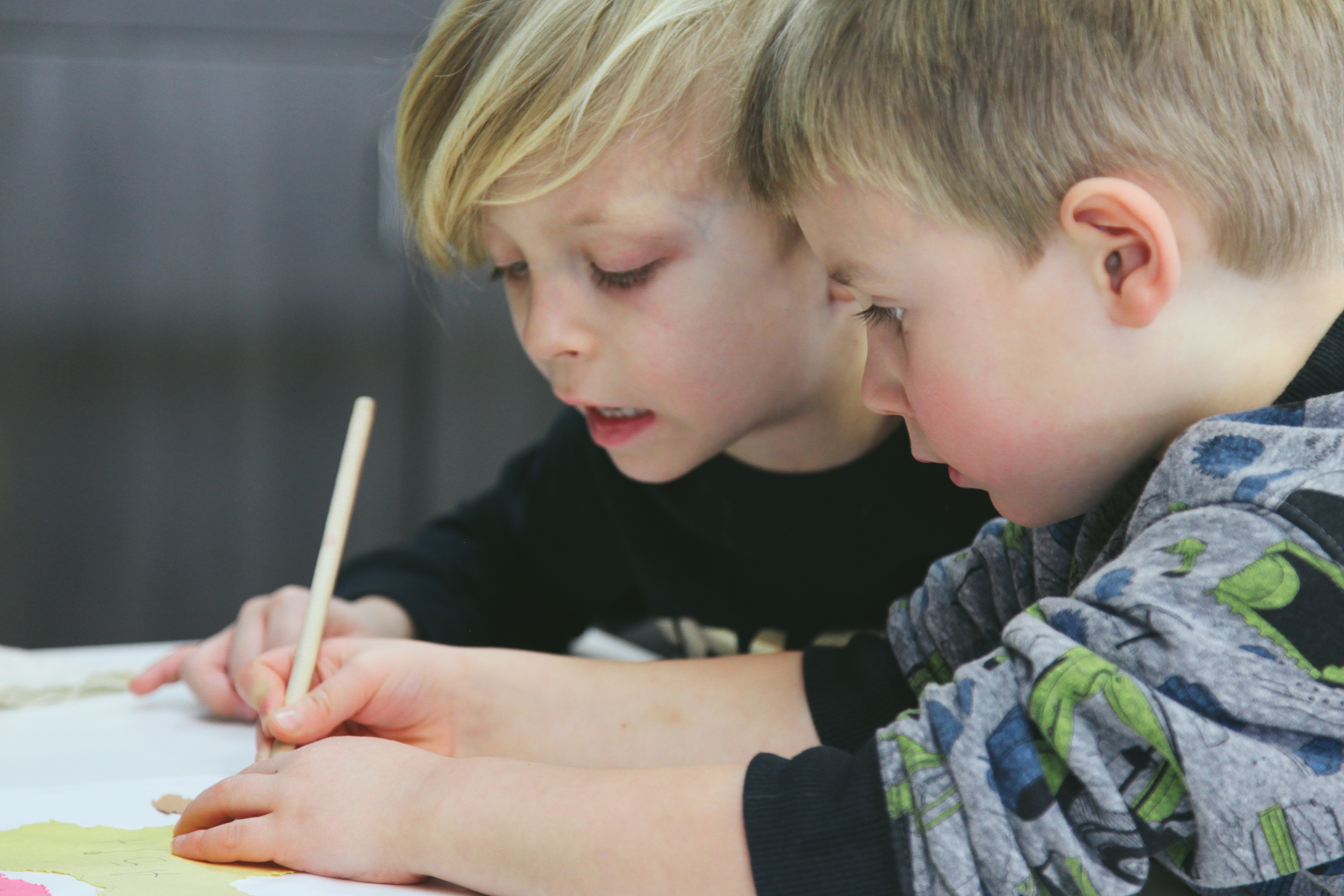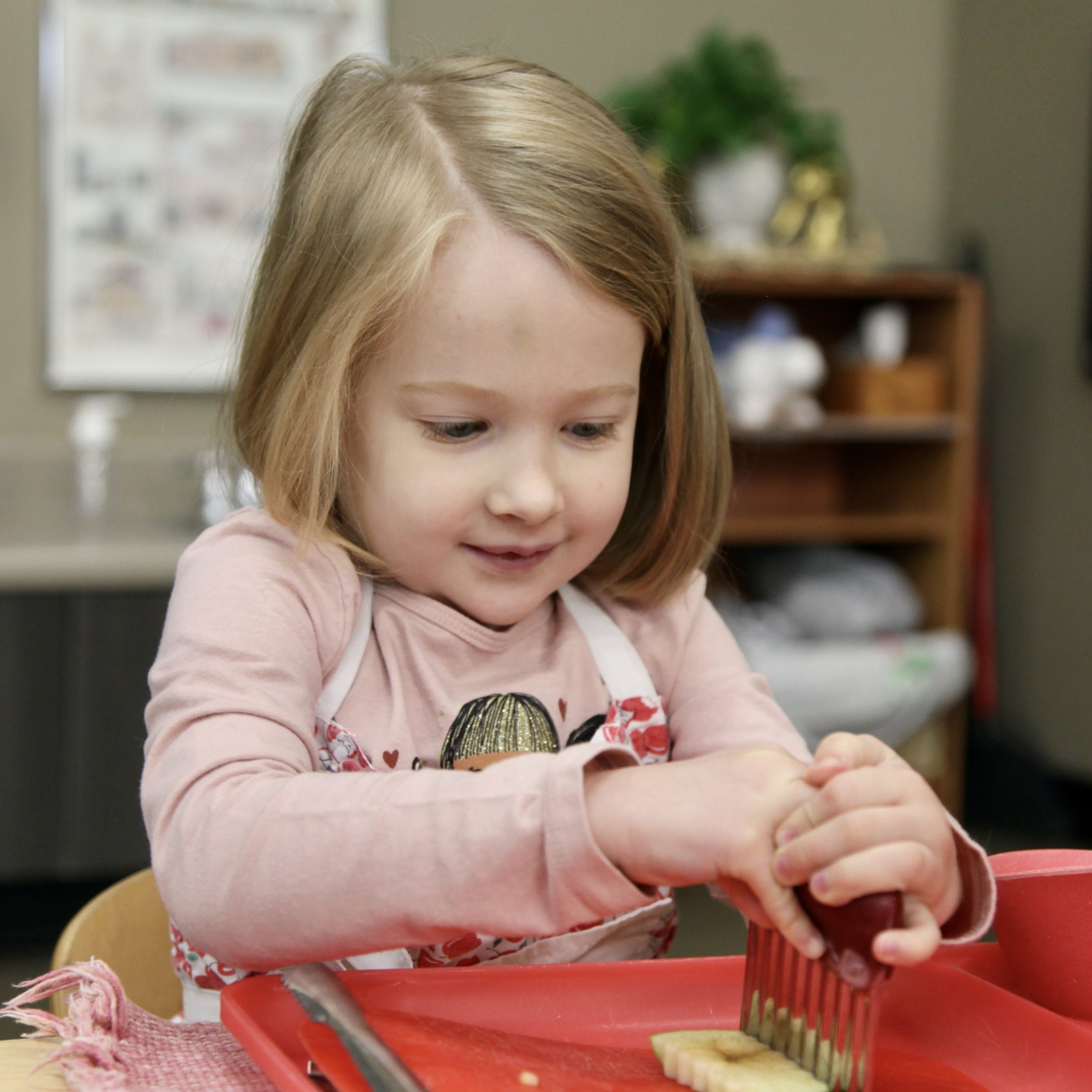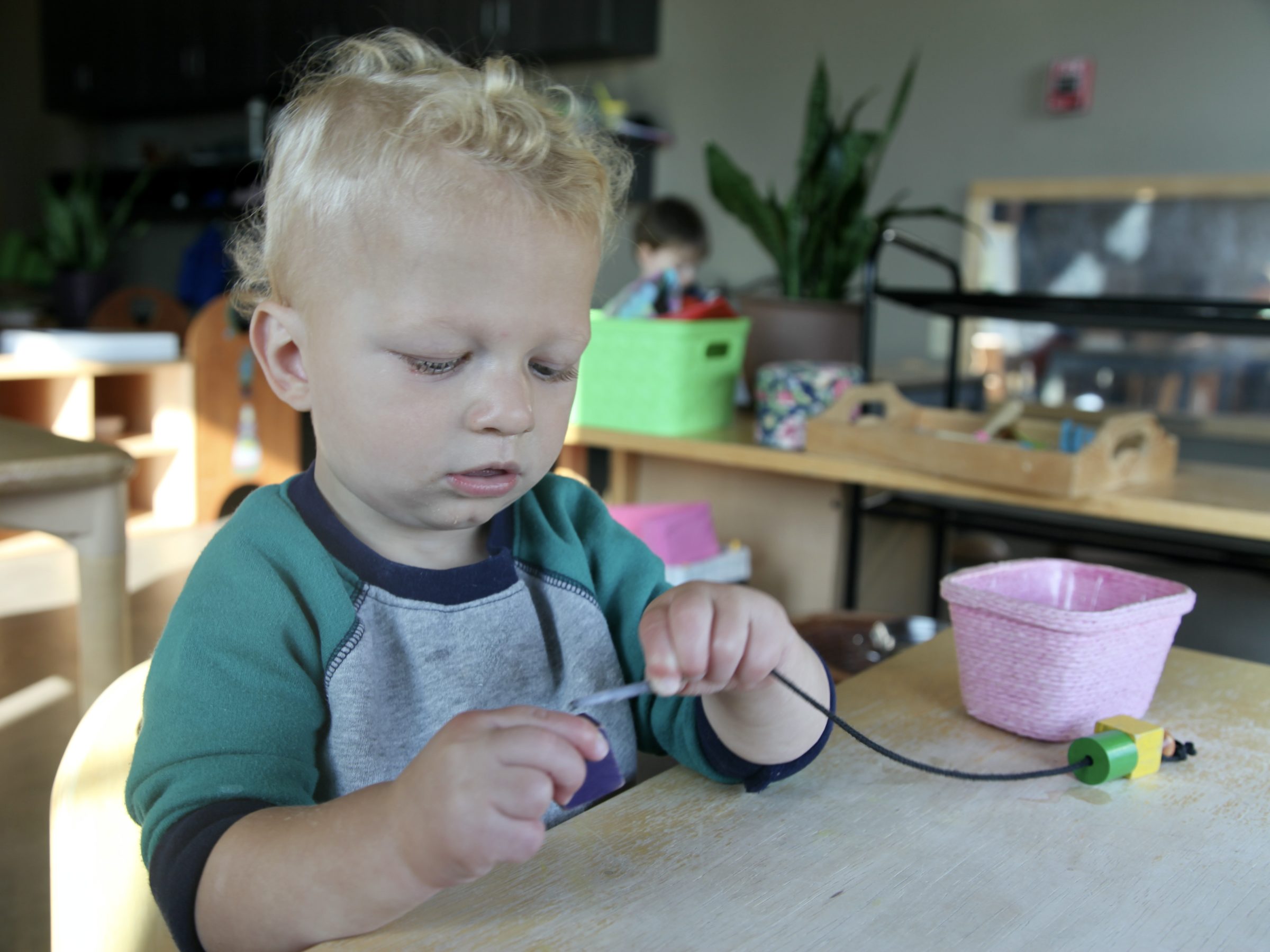Independent Isn’t Alone in Montessori
Thoughts & Reflections
There’s a lovely quote by Maria Montessori:
“One test of the correctness of educational procedure is the happiness of the child.”
When we’re introducing prospective families to Baan Dek, we begin with a tour of the classroom after the children have left for the day. Parents of current students don’t come in the classroom on a day-to-day basis, so it’s nice to have this opportunity to see the classroom and the materials up-close, to get a sense of whether or not this is the right place for their child
One of the hallmarks of Montessori education is the emphasis on independence. This can be very challenging for adults who are new to Montessori. But my baby just got here! What do you mean independence?! Also, what’s up with those one-person tables? How do you help them develop social skills if they’re just working by themselves? They’re not robots.
This is why we strongly encourage families who are considering Baan Dek for their child to come back and observe the classroom in-action.
First, it’s a very different place when it’s inhabited by eager, joyful small humans. It truly comes alive.
Second, this sense of independence suddenly makes sense. We think of independence as lonely, austere, abandoned. This is so far from the case!
“One of the hallmarks of Montessori education is the emphasis on independence.”
Independence is achieved every time a child can do something for themselves that once we needed to do for them. Feeding yourself, crawling then walking, talking are all successive feats of independence.
The children are working independently because that is what their development requires. The attention of a baby on an object of interest, a mobile, their own face in a mirror, a small object just out of reach, would put the most attentive adult to shame. Anecdotally, Maria Montessori noted a child was so concentrated she went over and picked up the child’s chair and the child continued to work with the materials on her lap. Not that we would re-create this experiment, but it’s certainly believable!
Playdates for the very young are more playdates for adults — we might both be playing with blocks but we’re not building together. The first few days and weeks a child joins us, their family might ask, “Who did you play with?” The confused look might as well say, “There were other children there?” While we might view independence as lonely, a child feels empowered.
Think of all the ways a child first achieves independence. Walking, feeding yourself, learning to talk, these are all ways we’re becoming more independent. I don’t need someone to carry me, or to put food in my mouth, or to interpret my babbles and cries and gestures, I can do that for my own self thank you very much.

We look into a Montessori classroom and we see what is really meant by independence. A child excuses herself to go use the toilet and returns to her work after washing up. She doesn’t need someone to help her, or to give her permission, or to change her; she’s independent. A child bumps his pitcher and carefully gathers the spill bucket to tidy his mess; he’s independent. A child notices her laces are untied, she might be able to attend to this herself, with the preparation of the Dressing Frames, or she’s able to identify which of her peers knows how to help; even this is independence. I can meet my needs, even when that means knowing when and whom to ask for help, by myself.
It’s independent together. It’s asking for help when you need it, but not driven by someone else’s schedule or demands or expectations. It’s observing and learning as much from that observation as you do through your own work with a material, but respecting that other child’s learning as much as your own. It’s a casual, “I like your new shoes” to a friend as you pass with your trays. It’s contented, knowing you’re still friends even when you’re not talking, even when you’re not together and holding hands. It’s social interactions with respect, on your terms, as you feel comfortable and as you need, with space for extrovert and introvert and everything in between and both besides. It’s comfort with your less easy — quiet work time for the most sociable, a social lunch for the most shy, because we learn big things when we’re safe and respected and just a bit outside our comfort zone. It’s everyone is friends at school, big and little, new and well-established. Independent isn’t alone in Montessori.
Written by:
Charlotte Snyder



